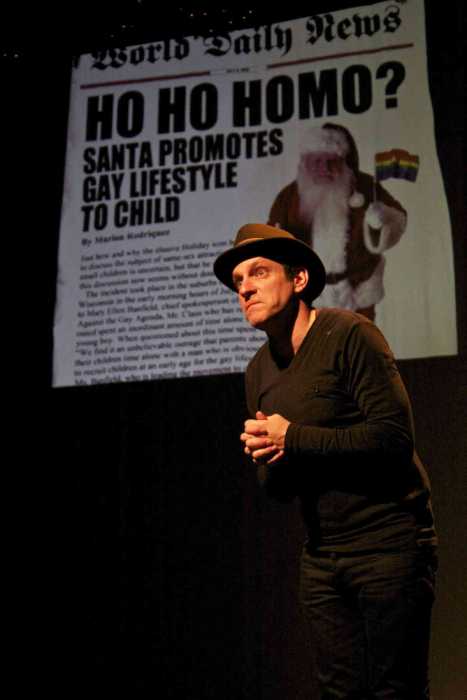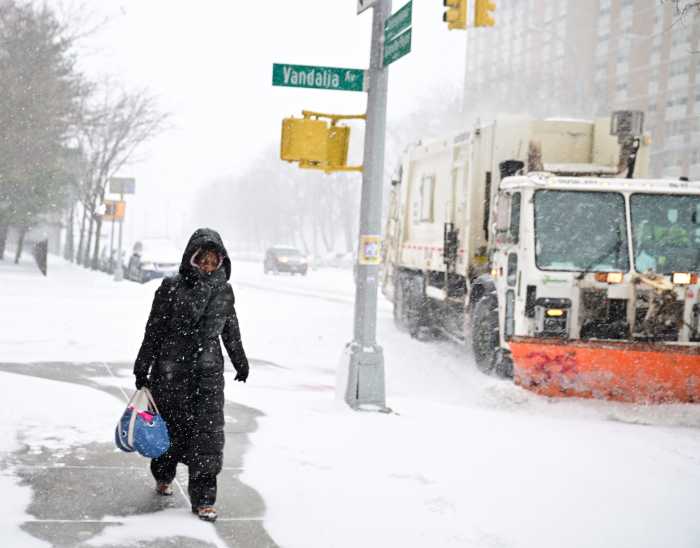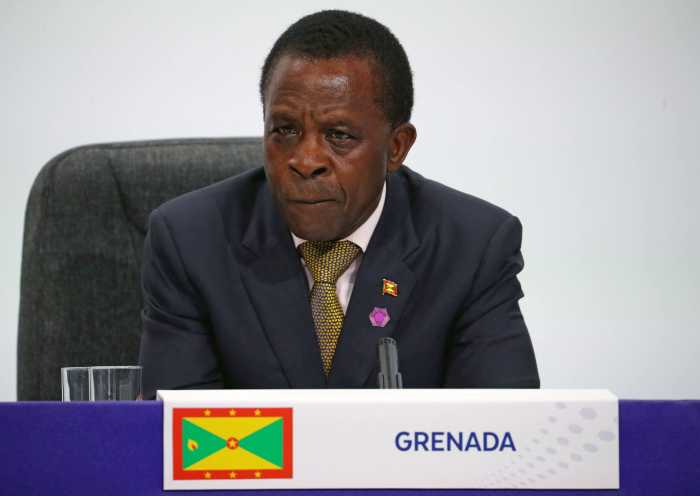BY PAUL SCHINDLER | Donald Trump’s quest for the Republican presidential nomination is fueled by the outrage he can spark in voters. Unfortunately for us, voters quickly build up an immunity to their own outrage, so the stakes have to be continually raised, the rhetoric amped up daily.
Mexican immigrants are rapists. Megyn Kelly asks hostile questions because she’s having her period. Thousands of Muslims in Jersey City danced in joy as the Twin Towers collapsed. Muslims are so dangerous that we can’t let any of them enter our country. Police in London and Paris dare not even enter sections of their cities because violent Muslims have overrun them.
It’s politics, and — so far, in the GOP primary — it’s working for Trump.
But that doesn’t mean that Trump isn’t also a dangerous demagogue and a racist. The racism of his current proposal was, of course, predicted by the racism of his slam against Mexican immigrants six months ago when he entered the race. And by his ludicrous ravings several years back about the birth certificate of that black guy who’s president.
Words matter, and at a time when Americans are increasingly nervous about enemies within our midst, Trump’s hateful words escalate the risk that innocent Muslims here in America will be victimized.
As reaction all over the world has made clear over the past several days, his proposal is not only bigoted, it’s also counterproductive. The right is constantly demanding that Muslims condemn ISIS, Al-Qaeda, and other Islamist terrorists and join the fight against them. Trump’s shocking demand only makes the work of building trusting alliances harder.
And, as MSNBC’s Lawrence O’Donnell pointed out, if the US were to block entry of Muslims, what would happen to Americans traveling to Egypt or Saudi Arabia or Indonesia? Or even France or the UK, given that we would presumably also be barring French and British citizens of Islamic faith if Trump set the policy.
For many Democrats and others on the left, the predicament faced by the Republican Party in having a frontrunner widely seen as unelectable next November (pray that calculation — which seems safe — is correct) occasions no small amount of schadenfreude. The party that did everything it could over the past seven years to delegitimize Barack Obama — whether with talk of death panels or by grudgingly saying they’re willing to take him at his word that he is a Christian and was born in the US — now faces a radicalized primary electorate that demands more and more crazy talk.
But finding joy in the Trump phenomenon is a luxury we can no longer afford. First and foremost, because his antics and outrages are crowding out any intelligent political discourse in favor of a dangerous climate of fear and resentment. Our democracy and political culture are sturdy, but Trump is working overtime to fray the edges of our civility.
Focusing on Trump’s sins also blinds us to our own shortcomings. I’m not going down the road of setting out false equivalencies, saying that excesses on the right are matched by those on the left. That simply is not the objective reality in America today.
What I am instead thinking about is the way in which all of us have allowed our culture and politics to become intoxicated with celebrity. Trump’s demagoguery has been playing out for years, but as with so many famous scoundrels and bad actors these days, too many of us too often have been willing to grant him a measure of respect for his showmanship. What else does calling him “The Donald” signify?
In our social media age, getting attention — for good or otherwise — is too easily given respect. “They must be doing something right” is over and over again the reaction to celebrity we can otherwise not explain.
We all have to own that because it’s something we all engage in. And that’s probably not going to change. But assuming we make it through our current Trump crisis, our society would profit from a more serious conversation about how we define success in America. Being able to “disrupt” old ways of thinking and doing is the vogue today, but there is a difference between that and simply fanning the flames. We need to understand and reinforce that distinction.

































